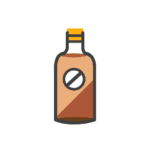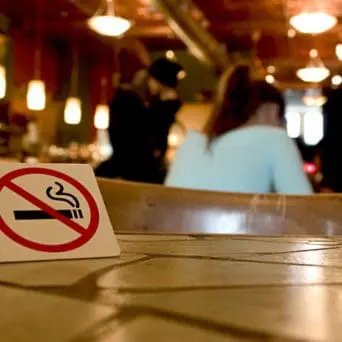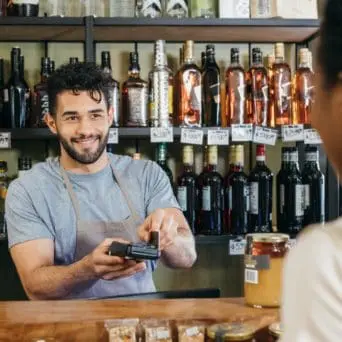2.0 Policy Package
Safer Alcohol Sales
Where and how alcohol is sold plays an important role in family safety. Neighborhoods that have fewer alcohol stores experience significantly less crime. When communities have smart policies and practices around alcohol sales, we keep everyone safer — and physically and mentally healthier — by reducing excessive drinking and related violence
The Alcohol and Violence Challenge
- Alcohol is responsible for nearly 100,000 deaths per year in the U.S. According to the CDC, the largest categories of alcohol-related deaths are liver disease, cancer, heart disease, motor vehicle crashes, poisoning, suicide, and homicide.
- Neighborhoods with high concentrations of alcohol sales are linked to an increase in individual drinking habits — including young people binge drinking — and higher rates of violence and driving under the influence.
- Multiple studies have found that more homicides, aggravated assaults, sexual assaults, and robberies are committed in areas with more alcohol outlets, even after accounting for other neighborhood characteristics, such as structural disadvantage and gang violence.
- Alcohol outlets are more likely to be located in low-income neighborhoods, despite that fact that alcohol consumption rises with income, and in majority non-white communities.
A Healthy Solution: Safer Alcohol Sales
- Reduces Violence — By limiting the density of alcohol outlets, research suggests that cities can reduce alcohol-related violence and binge drinking.
- Falls Within City Authority — Most cities have the authority to limit, suspend, revoke, or deny liquor or business licenses that can affect the number and location of outlets that sell alcohol. Cities can also use other local powers (such as zoning) to affect a wide range of service practices and activities in or near alcohol outlets.
- Makes Communities Safer: By taking straightforward actions, such as limiting hours and days during which alcohol sales are permitted or requiring minimum distances between alcohol outlets and sensitive land uses (like schools and parks), cities can help make neighborhoods safer for everyone.
Gold Medal
23
Silver Medal
12
Bronze Medal
0
The state of Safer Alcohol Sales policies in big U.S. cities
35 out of 75 cities received a medal for safer alcohol policies, including 23 golds and 12 silver.
Measuring cities’ Safer Alcohol Sales policies
| How will we award safer alcohol sales medals? | ||
|---|---|---|
| City has a law that applies to all alcohol sales, addresses public health and safety, and authorizes the city to close an alcohol retailer for failing to comply with the law. | ||
| City has a law that applies to some alcohol sales (such as only new retailers, or only retailers selling for off-premises consumption including grocery or convenience stores), addresses public health and safety, and authorizes the city to close an alcohol retailer for failing to comply with the law. |
*Safer Alcohol Sales only has a silver and gold medal (no bronze).
Data Deep Dive
Data were created and maintained by the Center for Public Health Law Research.
Related Resources
Cities with Safer Alcohol Sales Laws
Legend
- Gold City
- Silver City
- Bronze City
- No Medal
- Coming Soon



